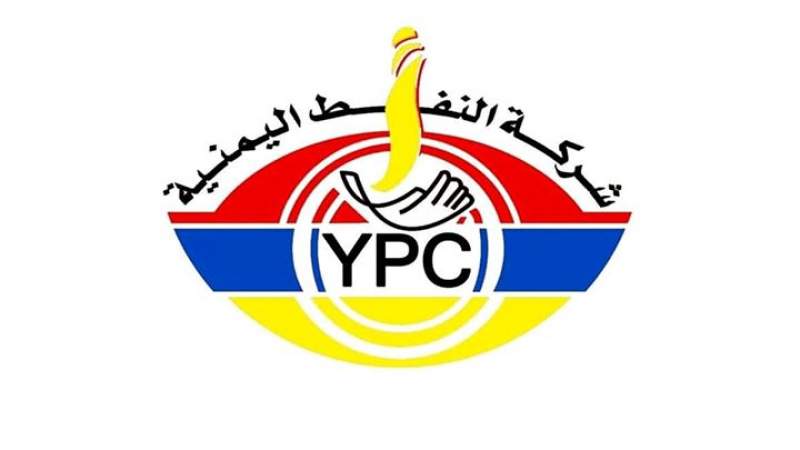Saudi-Emirate Aggression Seizes Two New Fuel Ships, Violating UN-Sponsored Truce
“The Saudi-Emirate aggression seized new fuel ships, bringing the number of seized fuel ships to 12,” the Yemeni Petroleum Company (YPC) said. The company’s official spokesman, Issam Al-Mutawakil, explained that the US-Saudi aggression continues to violate the truce and detains the fuel ships “Super Emerald” and “Ocean Automen” despite obtaining UN permits .
Al-Mutawakel holds the Saudi-Emirate aggression and the UN to be fully responsible for the humanitarian and economic repercussions resulting from the continuation of the blockade and the detention of fuel ships and preventing their entry to the port of Hodeidah.
For his part, the UN Resident Coordinator affirmed his keenness to coordinate and follow up in order to find solutions and remedies to the problem of detaining fuel ships and work to neutralize them in a way that contributes to alleviate the suffering of the Yemeni people.
He indicated that he realizes the extent of Yemenis’ need for oil, stressing that there is a real crisis that has caused the emergence of long queues for citizens’ cars in front of fuel filling stations.
The UN official reiterated his readiness to make more efforts in this regard to alleviate the suffering of Yemenis.
On Friday, the Yemen Petroleum Campany (YPC) said in a statement that, “The total fines for delaying fuel ships seized by the US-Saudi aggression amounted to 11 million dollars during the truce period”. The company reiterated that the US-Saudi aggression continued to piracy on all fuel ships, without exception, and to seize them since the announcement of the temporary truce.
The company explained that the fuel ships are still being held by the US-Saudi aggression for varying periods, a total of 314 days since the announcement of the truce agreement, in addition to the delay in Djibouti for a total period of more than 152 days.
It stressed that during the truce period (April-September), only 33 fuel ships out of 54 ships reached Hodeidah ports, of which only four were released on August 2, at the end of the first extension period of the truce.
The statement stated that fuel shipments incurred delay fines during the truce period, amounting to 11 million dollars due to piracy, detention and delaying their entry to the ports of Hodeidah.
It pointed out that the number of currently detained fuel vessels has reached nine fuel vessels, all of which have UN entry permits.
The YPC confirmed that the complicity of the relevant UN formations with the Saudi-Emirate aggression seriously contributes to the exacerbation of explicit violations of the truce agreement.
It pointed out that this complicity became an actual participation in the siege through the coordinates sent by the UNIVM to the ships authorized to go to the detention area and stay there, waiting for a permit to allow them to reach the ports of Hodeidah.
The YPC holds the Saudi-Emirate aggression and the UN responsible for all the direct and indirect humanitarian and economic consequences and repercussions resulting from the continuation of the strict blockade on fuel ships.
A UN-brokered truce in Yemen first came into effect on 2 April, and for an initial two months. It was renewed for another two months in June. The deal stipulated halting offensive military operations, including cross-border attacks, and allowing fuel-laden ships to enter Yemen’s lifeline Hodeidah port and commercial flights in and out of the airport in the capital Sana’a “to predetermined destinations in the region.”
However, in light of UN silence, the Saudi-led aggression was still obstructing flights to the Sana’a International Airport in Yemen’s capital and detaining fuel ships that were headed to the country. The fires of the aggression side did not subside along the fronts, on the borders and inside, including shelling, reconnaissance, development and crawl.
When the period specified for the military and humanitarian truce was nearing its end, the Saudi-Emirate aggression seemed to be in a hurry to adopt the option of extending it for the third time to freeze the battle in Yemen and its economic repercussions away from global energy markets.
The forces of aggression are pushing for an extension, not out of concern for peace, but rather out of fear that the escalation will add more complications to the international scene in addition to the crisis imposed by the Russian-Ukrainian war.

